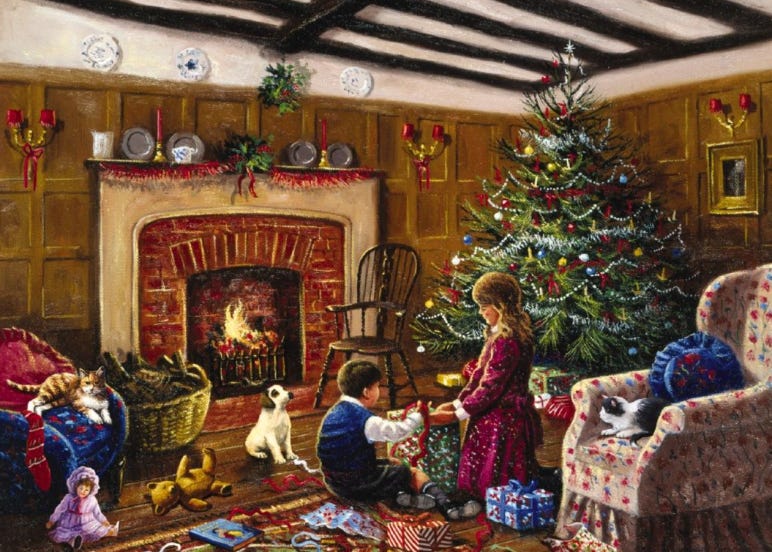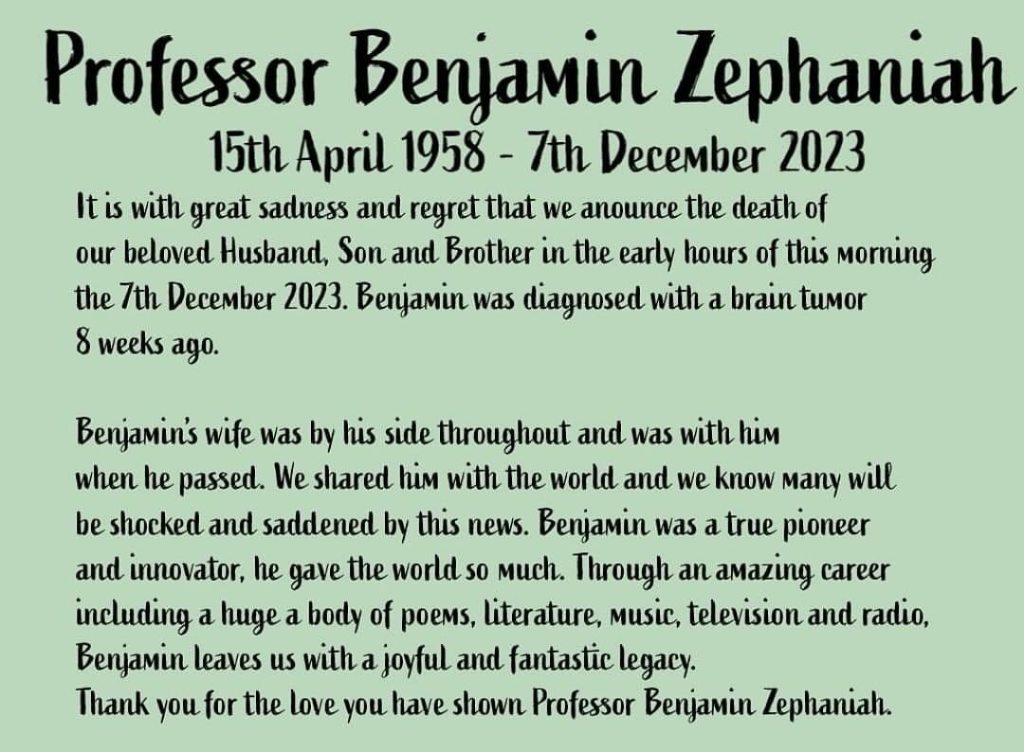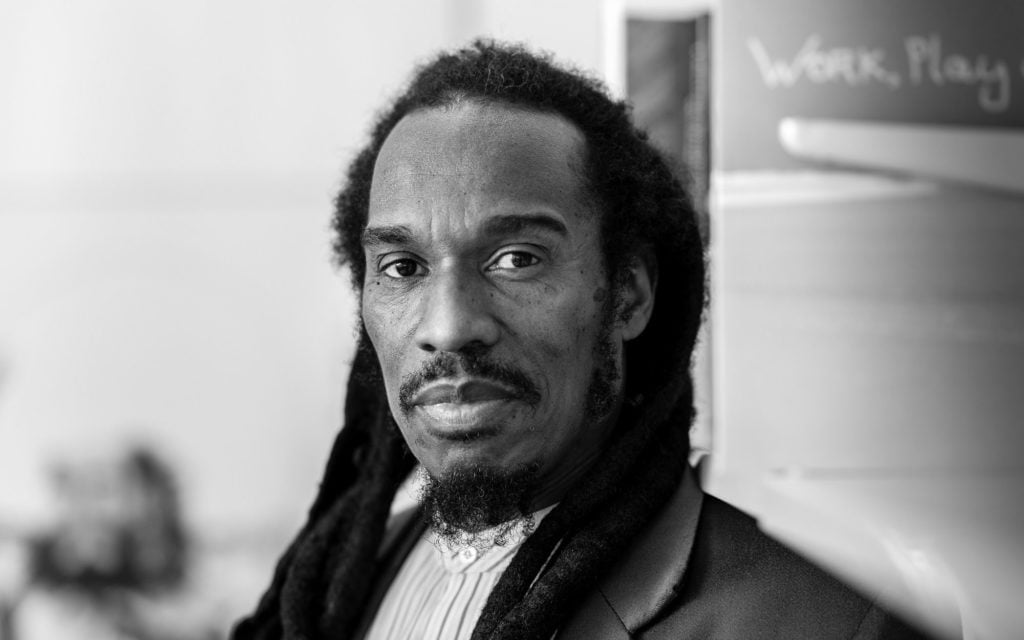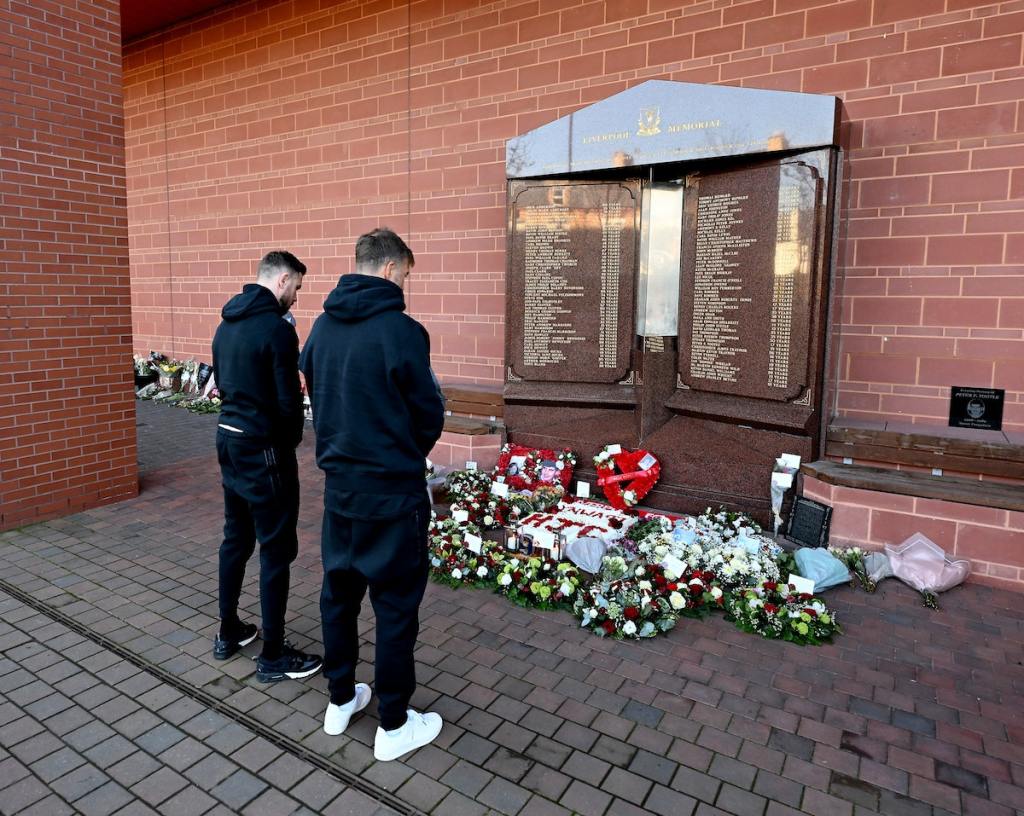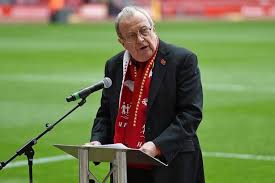As an antidote to what some might see as a lapse into ahistorical sentimentality from an avowed irreconcilable atheist – my previous post, Bah Humbug – I recommend viewing this powerful video or reading the transcript of the pastor’s sermon. His impassioned call transcends religious and secular divides. It is a heart-rending appeal to our shared, common humanity.
This is a rush transcript. The copy may not be in its final form.
REV. MUNTHER ISAAC: Christ Under the Rubble.
We are angry. We are broken. This should have been a time of joy; instead, we are mourning. We are fearful.
More than 20,000 killed. Thousands are still under the rubble. Close to 9,000 children killed in the most brutal ways, day after day. One-point-nine million displaced. Hundreds of thousands of homes destroyed. Gaza as we know it no longer exists. This is an annihilation. This is a genocide.
The world is watching. Churches are watching. The people of Gaza are sending live images of their own execution. Maybe the world cares. But it goes on.
We are asking here: Could this be our fate in Bethlehem? In Ramallah? In Jenin? Is this our destiny, too?
We are tormented by the silence of the world. Leaders of the so-called free lined up one after the other to give the green light for this genocide against a captive population. They gave the cover. Not only did they make sure to pay the bill in advance, they veiled the truth and context, providing the political cover. And yet another layer has been added: the theological cover, with the Western church stepping into the spotlight.
Our dear friends in South Africa taught us the concept of the “state theology,” defined as “the theological justification of the status quo with its racism, capitalism and totalitarianism.” It does so by misusing theological concepts and biblical texts for its own political purposes.
Here in Palestine, the Bible is weaponized against us — our very own sacred text. In our terminology in Palestine, we speak of the empire. Here we confront the theology of the empire, a disguise for superiority, supremacy, chosenness and entitlement. It is sometimes given a nice cover, using words like “mission” and “evangelism,” “fulfillment of prophecy,” and “spreading freedom and liberty.”
The theology of the empire becomes a powerful tool to mask oppression under the cloak of divine sanction. It speaks of land without people. It divides people into “us” and “them.” It dehumanizes and demonizes. The concept of land without people, again, even though they knew too well that the land had people — and not just any people, a very special people. Theology of the empire calls for emptying Gaza, just like it called for the ethnic cleansing in 1948, a “miracle,” or “a divine miracle,” as they called it. It calls for us Palestinians now to go to Egypt, maybe Jordan. Why not just the sea?
I think of the words of the disciples to Jesus when he was about to enter Samaria: “Lord, do you want us to command fire to come down from heaven and consume them?” they said of the Samaritans. This is the theology of the empire. This is what they’re saying about us today.
This war has confirmed to us that the world does not see us as equal. Maybe it’s the color of our skins. Maybe it is because we are on the wrong side of a political equation. Even our kinship in Christ did not shield us. So they say if it takes killing 100 Palestinians to get a single “Hamas militant,” then so be it. We are not humans in their eyes. But in God’s eyes, no one can tell us that.
The hypocrisy and racism of the Western world is transparent and appalling. They always take the word of Palestinians with suspicion and qualification. No, we’re not treated equally. Yet, on the other side, despite a clear track record of misinformation, lies, their words are almost always deemed infallible.
To our European friends: I never ever want to hear you lecture us on human rights or international law again. And I mean this. We are not white, I guess. It does not apply to us, according to your own logic.
In this war, the many Christians in the Western world made sure the empire has the theology needed. It is thus self-defense, we were told. And I continue to ask: How is the killing of 9,000 children self-defense? How is the displacement of 1.9 million Palestinians self-defense?
In the shadow of the empire, they turned the colonizer into the victim, and the colonized into the aggressor. Have we forgotten — have we forgotten that the state they talk to, that that state was built on the ruins of the towns and villages of those very same Gazans? Have they forgot that?
We are outraged by the complicity of the church. Let it be clear, friends: Silence is complicity. And empty calls for peace without a ceasefire and end to occupation, and the shallow words of empathy without direct action, all under the banner of complicity.
So here is my message: Gaza today has become the moral compass of the world. Gaza was hell before October 7th, and the world was silent. Should we be surprised at their silence now?
If you are not appalled by what is happening in Gaza, if you are not shaken to your core, there is something wrong with your humanity. And if we, as Christians, are not outraged by the genocide, by the weaponization of the Bible to justify it, there is something wrong with our Christian witness, and we are compromising the credibility of our gospel message.
If you fail to call this a genocide, it is on you. It is a sin and a darkness you willingly embrace. Some have not even called for a ceasefire. I’m talking about churches. I feel sorry for you.
We will be OK. Despite the immense blow we have endured, we, the Palestinians, will recover. We will rise. We will stand up again from the midst of destruction, as we have always done as Palestinians, although this is by far maybe the biggest blow we have received in a long time. But we will be OK.
But for those who are complicit, I feel sorry for you. Will you ever recover from this? Your charity and your words of shock after the genocide won’t make a difference. And I know these words of shocks are coming. And I know people will give generously for charity. But your words won’t make a difference. Words of regret won’t suffice for you. And let me say it: We will not accept your apology after the genocide. What has been done has been done. I want you to look at the mirror and ask, “Where was I when Gaza was going through a genocide?” …
In these last two months, the psalms of lament have become a precious companion to us. We cried out, “My God, my God, why have you forsaken Gaza? Why do you hide your face from Gaza?”
In our pain, anguish and lament, we have searched for God and found him under the rubble in Gaza. Jesus himself became the victim of the very same violence of the empire when he was in our land. He was tortured, crucified. He bled out as others watched. He was killed and cried out in pain, “My God, where are you?”
In Gaza today, God is under the rubble.
And in this Christmas season, as we search for Jesus, he is not to be found on the side of Rome, but our side of the wall. He’s in a cave, with a simple family, an occupied family. He’s vulnerable, barely and miraculously surviving a massacre himself. He’s among the refugees, among a refugee family. This is where Jesus is to be found today.
If Jesus were to be born today, he would be born under the rubble in Gaza. When we glorify pride and richness, Jesus is under the rubble. When we rely on power, might and weapons, Jesus is under the rubble. When we justify, rationalize and theologize the bombing of children, Jesus is under the rubble.
Jesus is under the rubble. This is his manger. He is at home with the marginalized, the suffering, the oppressed and the displaced. This is his manger.
And I have been looking and contemplating on this iconic image. God with us precisely in this way, this is the incarnation — messy, bloody, poverty. This is the incarnation.
And this child is our hope and inspiration. We look and see him in every child killed and pulled from under the rubble. While the world continues to reject the children of Gaza, Jesus says, “Just as you did to one of the least of these brothers and sisters of mine, you did it to me.” “You did it to me.” Jesus not only calls them his own, he is them. He is the children of Gaza.
We look at the holy family and see them in every family displaced and wandering, now homeless in despair. While the world discusses the fate of the people of Gaza as if they are unwanted boxes in a garage, God in the Christmas narrative shares their fate. He walks with them and calls them his own.
So this manger is about resilience. It’s about sumud. And the resilience of Jesus is in his meekness, is in his weakness, is in his vulnerability. The majesty of the incarnation lies in its solidarity with the marginalized. Resilience because this is very same child who rose up from the midst of pain, destruction, darkness and death to challenge empires, to speak truth to power and deliver an everlasting victory over death and darkness. This very same child accomplished this.
This is Christmas today in Palestine, and this is the Christmas message. Christmas is not about Santas. It’s not about trees and gifts and lights. My goodness, how we have twisted the meaning of Christmas. How we have commercialized Christmas. I was, by the way, in the U.S.A. last month, the first Monday after Thanksgiving, and I was amazed by the amount of Christmas decorations and lights and all the commercial goods. And I couldn’t help but think: They send us bombs, while celebrating Christmas in their lands. They sing about the prince of peace in their land, while playing the drum of war in our land.
Christmas in Bethlehem, the birthplace of Jesus, is this manger. This is our message to the world today. It is a gospel message. It is a true and authentic Christmas message about the God who did not stay silent but said his word, and his word was Jesus. Born among the occupied and marginalized, he is in solidarity with us in our pain and brokenness.
This message is our message to the world today, and it is simply this: This genocide must stop now. Why don’t we repeat it? Stop this genocide now. Can you say it with me? Stop this genocide —
CONGREGATION: Stop this genocide now.
REV. MUNTHER ISAAC: Let’s say it one more time. Stop this genocide —
CONGREGATION: Stop this genocide now.
REV. MUNTHER ISAAC: This is our call. This is our plea. This is our prayer. Hear, O God. Amen.
Thanks to DemocracyNow for this material – find this independent news channel at https://www.democracynow.org/about

